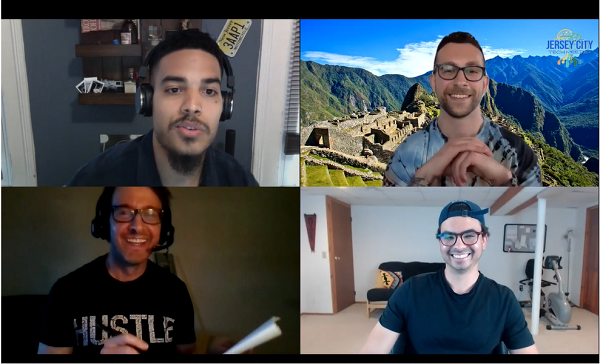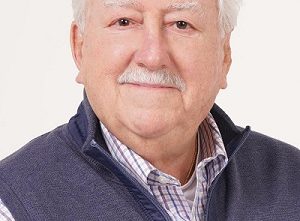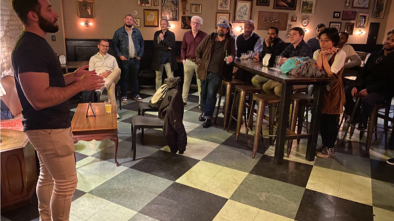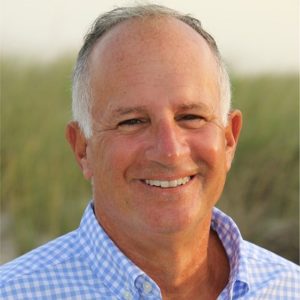Brands Are Defined by What They Stand For, Panelists Say at May Jersey City Tech Meetup
The Jersey City Tech Meetup hosted a virtual Zoom meeting on May 21 titled “Build Your Brand.” Group organizer Ben Yurcisin moderated the 90-minute discussion (including an audience Q&A) with three New Jersey-based panelists who specialize in various forms of branding. The panelists were:
- Alex Eick: Founder/CEO of Qualifyd Digital (Princeton). He and his associates help clients build a community of brand advocates. Eick believes that brands are defined less by what they do, and more by what they stand for.
- Jose Alejandro: Founder of Jersey City marketing agency The Reflex Media and cofounder of Modern Renaissance Man, a movement seeking to bridge the gap between lifestyle and well-being, inspiring men to elevate and integrate the mind, body, soul and style.
- Russ Terry: A Jersey City-based coach and motivational speaker who has worked with and spoken before many corporate clients. He launched his Life Coach Radio podcast network back in 2013.
So how do these experts define branding?
“Branding is what we do, who we are, what our mission is and the promotion of all three of these,” said Terry.
For Eick, it’s totally abstract and intangible. It’s a belief system and storytelling. Branding is what people are saying about you when you aren’t in the room. It’s a trust you build with your followers and clients, and it’s based on the consistency of delivering over time.
Storytelling is the key, according to Alejandro. People buy into energy and emotion, and they tend to buy into things that shift their emotions. You should remove pain or create pleasure for customers, while connecting them to your story.
What tech tools do they use in their businesses?
In addition to Instagram, Alejandro uses PeopleMap, a marketing tool for Instagram that facilitates community and campaign growth, and provides monitoring stats. He also recommends the video messaging app Loom, which he uses primarily for prerecording certain processes and teaching others at the same time.
LinkedIn is Terry’s go-to social media and tech tool for identifying prospective customer leads. He also added LinkedIn’s ProFinder and Groups as additional keys to his success.
Eick uses both Facebook and Instagram in his work, as well as Sprout Social, a “listening” tool for monitoring conversations around specific brands on social media.
What are the core values that influence their work?
At Qualifyd, Eick strives to build a belief system around a specific brand. He starts with a brand’s core values, typically imprinted onto an organization by the original founder(s). Giving trust helps gain trust, and empathy plays a major role in being a good marketer.
In order to scale, companies should also exhibit trust in their employees, and assume they will embody the brand’s core values when acting on behalf of the business in customer and community interactions, he said.
He believes that there is an energy to trustful exchanges between company and clients; and, if the exchanges are successful, the clients will see some of themselves in the company and its promoted values.
According to Terry, the best vibe for a business owner is being politely assertive when seeking sales. In his view, this is an essential quality of a successful entrepreneur, especially when growing one’s business.
He offered a timely example to the audience — outlining the proactive outreach method that ultimately led to his being booked for this Zoom event.
Alejandro mentioned inclusiveness as a key characteristic of his own brands/services, and recommended that others also deploy it. Focusing on where you can make the biggest impact is also an important ingredient of success.
He then shared a deeply personal story about living through multiple parental divorces while he was growing up. This experience made Alejandro feel vulnerable and became a personal pain point for him.
As a founder of business(es) primarily serving male customers, he discussed the alarming statistic that approximately 77% of suicides are male, more than three times the rate for women. Alejandro focuses on what he is passionate about and on positively impacting others.
What are some other points made by the panelists?
Other points of interest from the evening’s discussion:
- Terry gave a shoutout to Hogan Assessments, a predictive workplace-productivity tool.
- In his view, it shows that the intersection of what you are good at and what you are passionate about is where you should focus your work life.
- Aspirational consumer brands should strive for authenticity, so they do not lose trust.
- Having haters is not always a bad thing for brands. It often indicates that the business has taken a stand for or against something, and is putting its belief system out there.
- You should not try to appeal to all consumers as target purchasers. Sometimes a company’s mission may polarize people. This is not necessarily a negative. Conversely, this practice may foster more loyalty from brand advocates, for example.
- Gleaning feedback from others can help evolve your brand, which is generally a constructive exercise.
- You must discern what is helpful to you from the feedback provided, which may ultimately be self-serving for the individual providing it, and thus of little value.
- Brands should strive to have a human element — hence the popularity of using real-life influencers as endorsers and as contributing members of the community.
- Storytelling is the present and future of brand development.
- Branding used to be much more of a one-way channel. Today it is a two-way (or more) dialog between brands and various audiences.
- Determine your highest revenue producing endeavors to promote your brand, and focus the vast proportion of your time developing and improving them.
A video of the Jersey City Tech Meetup branding discussion can be found here.




